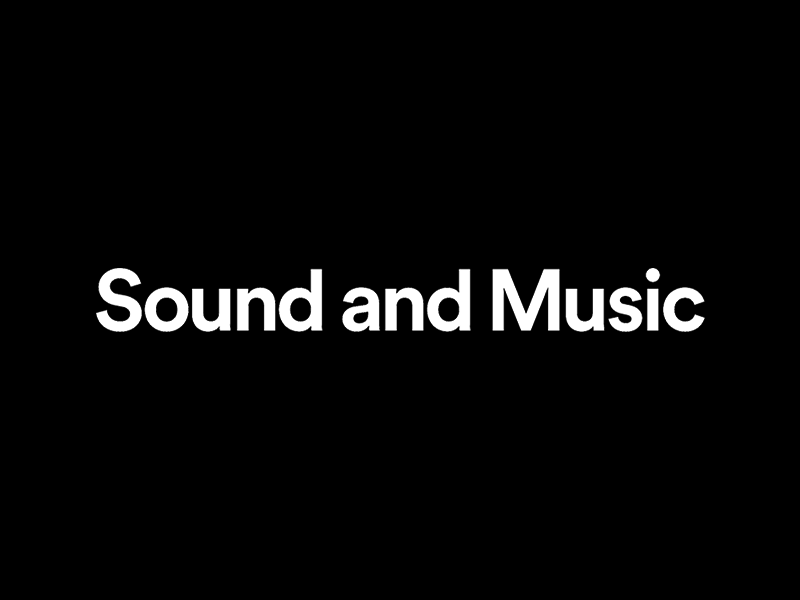The aim is to give 6 early-career composers (2 from each country) the opportunity to discover new music from each other’s countries, to write new work under the guidance of two composer mentors (Jérôme Combier and Laura Bowler) and to have their works performed at festivals in Bagnolet, Dublin and Aberdeen.
Attending festival & workshops with composer mentors
In-between: Start working on pieces for 5 musicians: from French ensembles (flute, clarinet, violin, cello, piano)
Session 2 late April 2025: New Music Dublin
Attending festival, working on pieces with musicians and composer mentors.
Sharing of work at New Music Dublin.
In-between: Finalising of pieces.
Session 3 September 2025 (dates tbc): Festival Ensemble(s) in Paris
Premières of new works
Session 4 Late October/ early November 2025:
Attending soundfestival and second performances of new works
Please note that we are committed to working with and supporting composers from under-represented groups. Female, trans, gender-diverse, and ethnic minority composers, composers from a low-income background, and/or composers with a disability are encouraged to apply.
Submission
You will need to submit the following information:
Biography/CV
Motivational statement: Why you want to take part in this particular opportunity? How this opportunity will develop your compositional skills and advance your career? How will the international and intercultural element benefit you?
How will you develop an artistic vision for the new work? Do you already have any ideas?
2 scores and/or 2 recordings max.
We are offering a 2-day “grace period” until the end of day on Wednesday 28th February for applicants who can’t reach the deadline due to health challenges, having to care for family members, or other reasonable and/or unexpected circumstances. Please state your reason in the application form.
We will inform all candidates of the outcome by the 22nd of March 2024.
Selection process
As mentioned above, we are committed to working with and supporting composers from under-represented sections of the population. To enable this, there is a two-stage application process: an initial selection is made, and then this is narrowed down in a second stage selection process. If you are a female or gender-minority composer, disabled, from an ethnic minority and/or from a low-income background, you can choose to self-select to be put forward automatically to the second round.
Selection for new music opportunities is inherently subjective and the criteria used can differ from project to project. We are frequently over-subscribed and often the quality of applications is extremely high from a wide range of composers, which usually means making difficult decisions.
Reasons for selecting one composer over another are not always to do with skill level or experience. We may, for example, be looking for the right fit for us as an organisation at a particular point in time e.g. we may be looking to develop specific strands or activity or genres of music.
For development opportunities that happen in a group setting, it may be that we need to take into consideration the coherence of that group e.g., we may prefer to have composers of a similar experience-level. We thus sometimes end up turning down composers with more experience or skills, or giving opportunities to composers who we feel would benefit most from a particular opportunity at that stage in their career, and faced with difficult choices we may sometimes turn down composers who have already benefited from a number of opportunities in the past.
We would however encourage composers to apply for any opportunities that interest them and for which they fit the specification, and not to be discouraged if they are not selected for a particular opportunity, as it does not mean that they are not “good” enough. Please do continue to apply for any opportunity that interests you!



